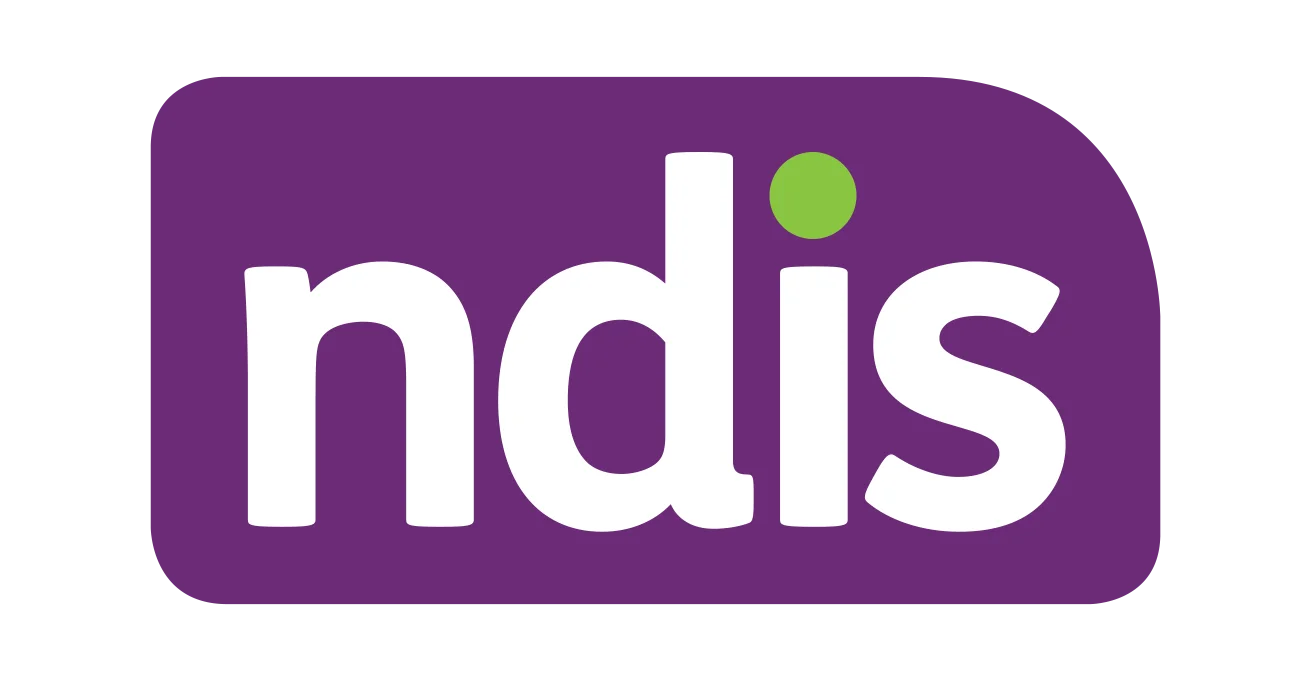Primary Support Person/Carer Statement
A Primary Support Person/Carer Impact Statement can be a valuable supporting document for your NDIS application. This can help demonstrate everyday difficulties the person with Parkinson’s experiences through the eyes of the person who supports them. It is written by the person who is the primary support, for example a spouse, partner, parent, housemate, best friend or sibling, to provide additional details of how young onset Parkinson’s is impacting on everyday life and the lives of those around them.
Information for the primary support person/carer
There are no rules for writing an impact statement except to be honest. For example, if you are toileting your partner and it impacts negatively on your attraction to them, then include this in the letter. Think to yourself, what is the activity? What is the impact on you, your relationship and family, your wellbeing, your quality of life and your mental health? Remember, this is not a critical statement about your loved one, but rather it is showing NDIS how caring can impact you. These basic details should be addressed:
1. Name of primary support person/carer:
Introduce yourself and your current situation e.g., how long you have known each other/ been together; do you work full time and care for children as well as supporting your partner?
2. Name of person you are supporting:
Introduce the person with young onset Parkinson’s and their current situation, year diagnosed, symptoms that affect daily life, current treatments e.g., do they still work and help you care for children? Have they had to cut back on work hours to fit in early intervention strategies like exercise, appointments and other therapies.
3. Type of disability:
Give an overview of young onset Parkinson’s and its impacts on you and your family. Parkinson’s is a progressive, whole-body, neurodegenerative disorder that affects movement, mood, sleep, mobility, cognition and daily functioning. The non-motor symptoms are often more bothersome than the classic motor symptoms.
4. Impacted areas/ support needs:
Describe the limitations of the support you provide, and how extra support would benefit the person you care for, and you in these eight NDIS areas.
- Daily living
- Employment
- Functioning in the home
- Relationships, sex and intimacy
- Health and wellbeing
- Learning (e.g. education, vocation or training courses)
- Social and community participation
- Choice and control
More information including templates:
